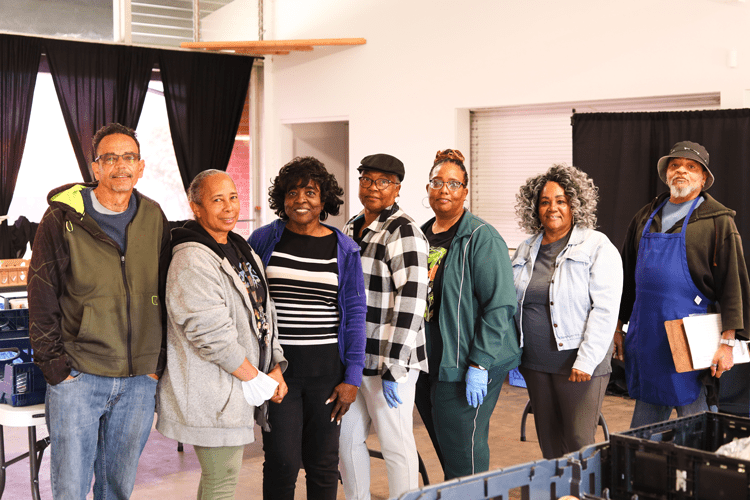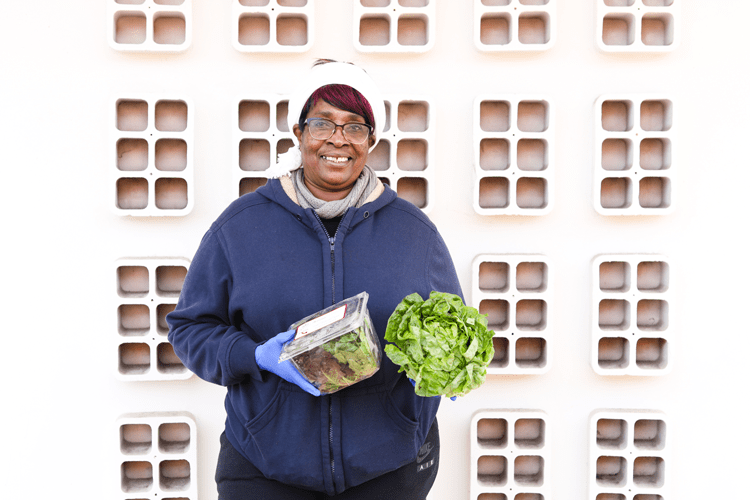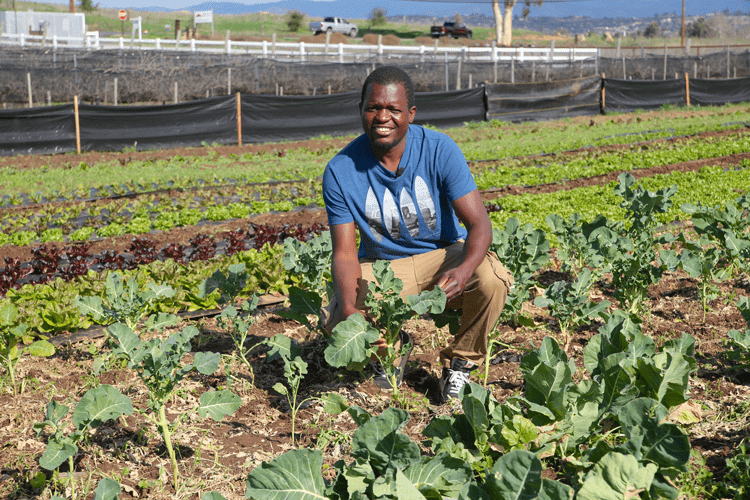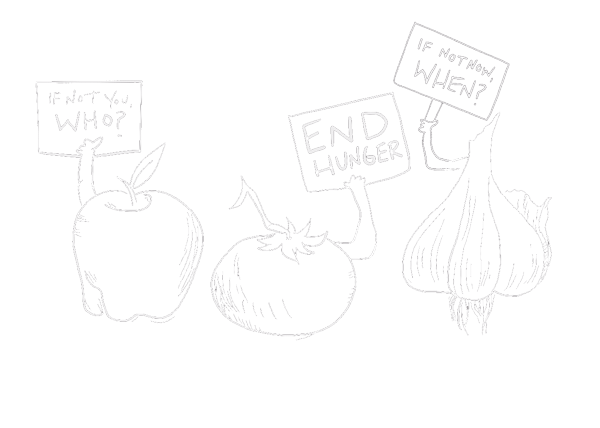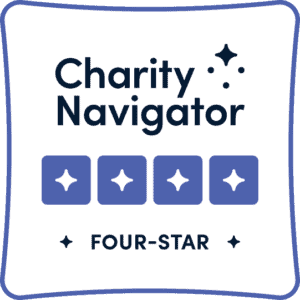Black History Month 2024: Elevating Black Voices in the Feeding San Diego Network
Black History Month 2024 is a time to tell the stories of people in the Feeding San Diego network that exemplify Black excellence and leadership. It’s also a time to reflect on food insecurity in the Black community. Our network of Black leaders, growers, change makers, volunteers, and neighbors shines year-round, but February is an important time to amplify Black voices. The Feeding San Diego network is made up of diverse stakeholders who make it possible to distribute more than 35 million meals annually. It is made up of the people who run food distributions with food delivered by Feeding San Diego. People who rescue food directly from grocery stores to get to others in need. Volunteers who dedicate hours every week to supporting their community. These are the stakeholders who are out in the community feeding San Diego.
The Partner
It takes a team to pull off weekly food rescue operations and host a food distribution. There’s a solid team at Feeding San Diego’s agency partner, Greater Life Baptist Church in Lemon Grove. Nellie Richards and husband and wife duo Ken and Celia Walker ensure that around 50 to 75 households have access to fresh food every week. Ken and his volunteers drive around town picking up rescued food from stores like Food 4 Less, ALDI, and Ralphs. All the food at their weekly distribution is rescued from local grocery stores.
The Greater Life Baptist Chuch Team. From left to right: Kenneth Walker, Celia Walker, Nellie Richardson, Evelyn Smith, Victoria Young, Debra Dorn, and K.A. Robles Penckney
The food, which ranges from fresh produce to meat, supports a diverse community of people who feel blessed to have access to no-cost groceries every week. Every Friday, people can make their way through the well-organized distribution and choose from the available food. Ken feels that running this distribution is his calling. He wants to create something for anyone in his community that needs a hand up. He’s also aware that this collective effort is necessary because of systems that do not serve all people in the community.
“My hope is that we don’t need this anymore. That’s my hope. If it’s still here, I’m going to do it as long as I can do. I like them to be able to pick they food,” Ken says. “This is a blessing we have it. It’s like a family here. Some of them we know, and if they’re not here, we call. We generally looking at the seniors. I don’t care where you come from, whether or not you’re a minority. My focus is that everyone is welcome. I don’t like people standing in line. I want to give them dignity. Some people are prideful, so I try to make it as comfortable as I can. People got pride.”
The Volunteer
Nellie Richards is soft-spoken and hesitant to accept credit for her work at Greater Life Baptist Church. She wants to make sure Ken and Celia are included whenever she’s asked a question. It’s clear that she believes that helping others is a team effort. Undoubtedly, though, it’s also clear that she plays a significant role in making this happen. When it comes to reflecting on race around Black History Month, Nellie shares that it’s not about color for her.
“With me, I don’t see a color. I see people and their needs. All the other stuff doesn’t matter. Everyone needs something. We don’t make them explain everything that goes into their life; we figure if you come here for food, you must need the food. We just give,” she explains.
The Neighbor
Joyett attends church at Greater Life Baptist Church. She’s been in San Diego since 1989. Despite the challenges she’s up against now, she has a big smile on her face and is excited to share more about why she needs the food distribution every week.
“It helps me out a lot right now because I’m on workman’s comp. I injured my shoulder at work. Financially, what workman’s comp is giving me, I can hardly pay my bills. At least I know I have food to eat. Every year, rent goes up. As a foreigner, too, I try to be independent on my own instead of going to them [her kids] for help. I’m used to it because I’m from a third-world country. You have to fend for yourself, be independent, make ends meet. It doesn’t bother me,” she says.
Joyett
Still, it’s hard to accept that there is so little safety net for seniors and people with disabilities who must rely on the charitable food system when they cannot work, particularly for the Black community. According to Feeding America, Black communities are more likely to face hunger. In fact, in 2022, nearly 23% of Black people in the United States experienced food insecurity. This is almost two-and-a-half times the rate of white people. Reasons for this include racism and discrimination, low wages and unemployment, and food deserts.
The Grower
About 40 miles northeast of the city of San Diego, Hukama Produce is a family-run farm in Ramona that is a labor of love for the Nkhoma family. Byron, his wife Joyce, and their four children grow everything from carrots to heirloom lettuces to herbs to sell at local farmers’ markets. Their mission is to improve the health of individuals, families, communities, and the earth through sustainable farming practices.
Byron from Hukuma Produce
Feeding San Diego is able to purchase from Hukama Produce thanks to a new program from the United States Department of Agriculture, the Local Food Purchase Assistance Cooperative Agreement Program. The program provides funds from the American Rescue Plan and Commodity Credit Corporation for state, tribal, and territorial governments to purchase foods produced within the state or 400 miles of the delivery destination. It supports the local food system and, at the same time, builds and expands economic opportunities for local and underserved producers. This includes a Black farmer like Byron with a small, regenerative farm who moved here eight years ago from Zimbabwe.
When asked who inspires him in the Black community to do the work he does, he shares: “I think of Martin Luther King Jr., who says, ‘I have a dream.’ It sounds like it’s something that everybody would say to say they have a dream. But it was actually a dream for me to grow food back in high school, back in Africa. I thought I was going to be growing food in Africa. Never did it ever cross my mind that I would end up doing it in the best country in the world. For me, it is quite a privilege and an honor, too, because back in Zimbabwe, land feels like it’s just for politicians and a few people. To then be in Ramona, and have four acres of land that you know we can grow something on feels like truly a dream come true.”
Get Involved
If you would like to support your neighbors year-round, consider making a donation or signing up to volunteer.

